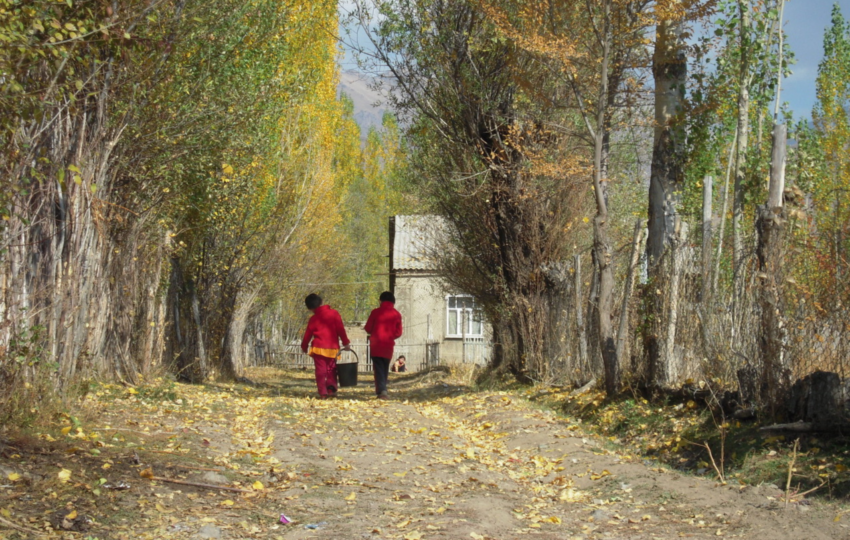Social assistance programs in developing countries play an important role in ensuring a minimum consumption level for poor and vulnerable households. These programs enable them to sustain productive livelihoods and encourage the utilization of key public services such as education and healthcare. However, these programs often suffer from limited coverage, inadequate level of benefits, and insufficient state resources.
ISDC is partnering with Evidence Central Asia to implement a research project in Kyrgyzstan, assessing the existing social assistance program for poor households. The program, which aims to support low-income families with children in Kyrgyzstan, has faced funding limitations, resulting in underfunding and the exclusion of many families. Despite an increase in benefit amounts, their impact on poverty reduction has remained minimal, primarily due to insufficient coverage and benefit sizes. The Kyrgyz government plans to improve the program’s targeting and criteria, as well as expand coverage to include the most vulnerable families.
This project conducts a comprehensive mixed-methods study that evaluates the effectiveness of the current benefit provision mechanism for poor households. It analyses the existing system to develop new approaches for assessing the needs of low-income families and aims to improve benefit allocation mechanisms.
The active phase of the project began in June 2024 and is expected to be completed by Fall 2024.
Project Details
- Project Year/s: 2024
- Donors: Ministry of Labor, Social Assistance, and Migration of the Kyrgyz Republic
- Partner/s: Evidence Central Asia
- Region/s: Central Asia
- Theme/s: Life in Kyrgyzstan
- Research Topic/s: Food Security & Nutrition · Health · Violence & Conflict
- Method/s: Cross-sectional Data Analysis · Panel Data Analysis · Qualitative Methods




